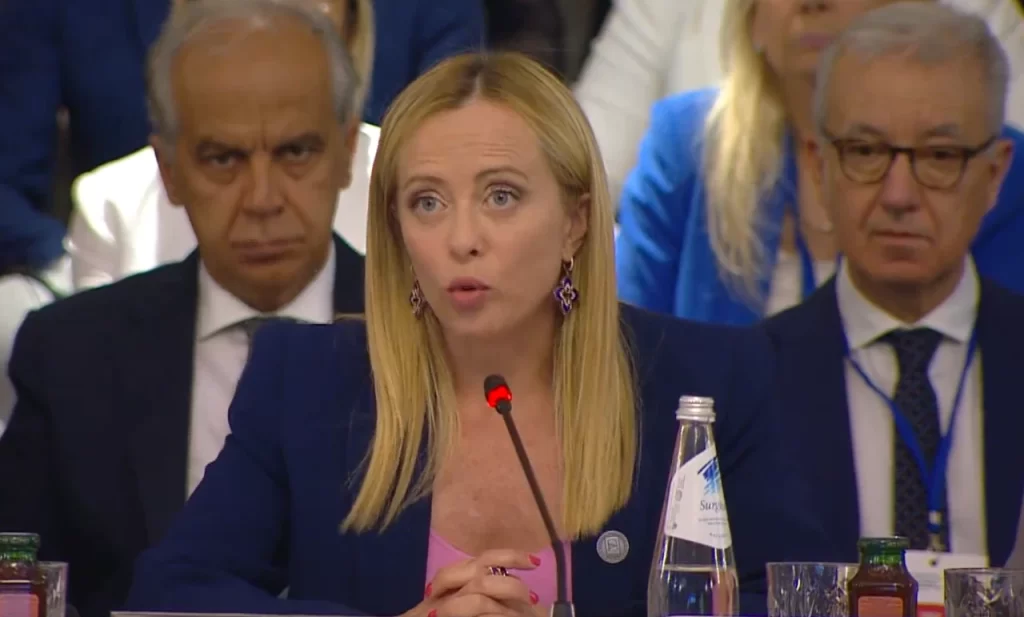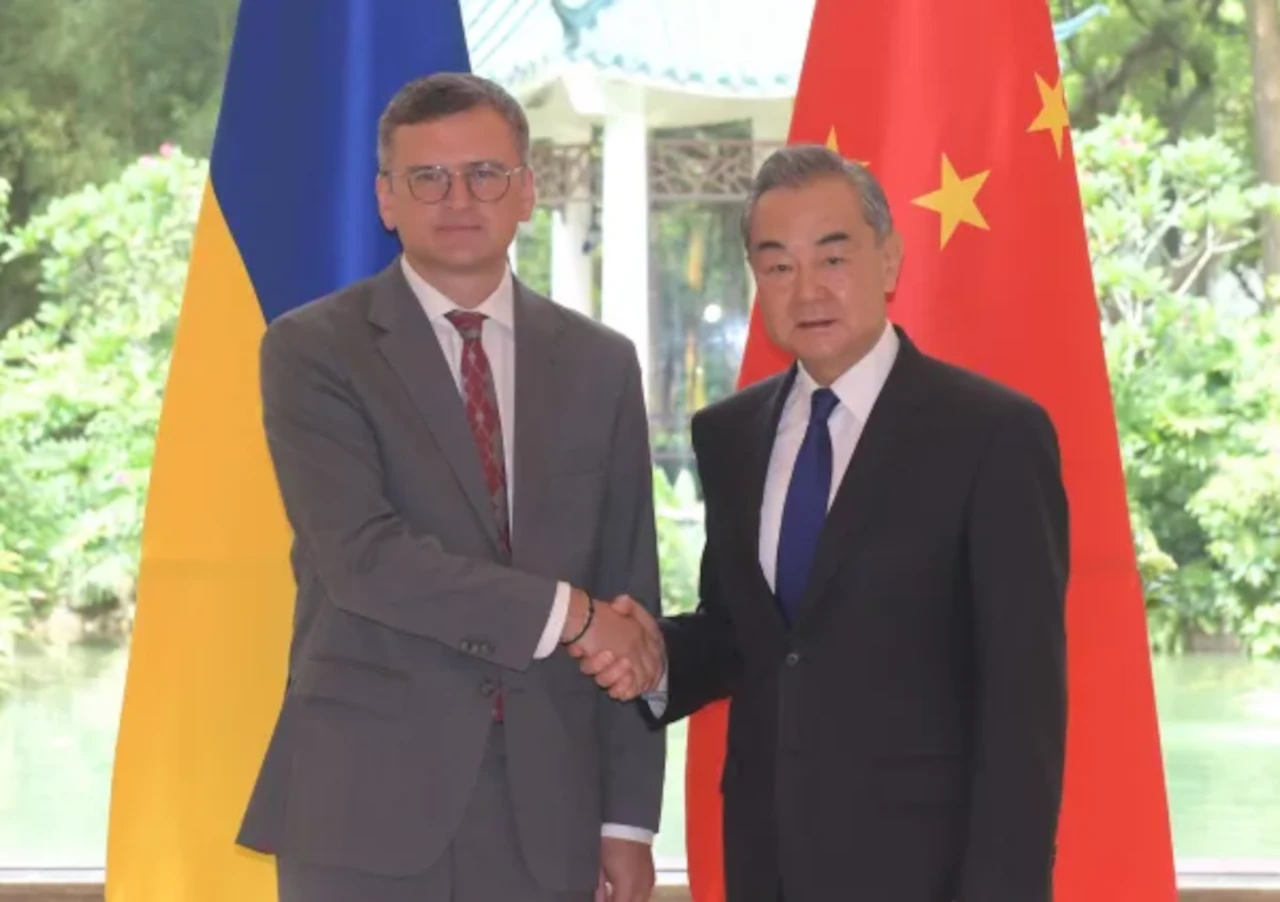News outlets in Italy have reported that Prime Minister Giorgia Meloni is expected to announce Italy’s withdrawal from the Belt and Road Initiative (BRI) towards the end of September or the beginning of October. Instead, Italy plans to forge a new trade deal with China to increase economic participation and repair bilateral ties.
Recent comments by Italian Defence Minister Guido Crosetto, published by “Central News Agency,” in which he referred to Italy’s choice to join the Chinese BRI as “temporary and terrible”, have prompted arguments in various groups. In reaction to the comments made by Crosetto, Beijing issued a statement that was rather mild and emphasised the positive aspects of working together.
Even before Meloni made her trip to the United States, the Italian tabloid “Il Foglio” reported, China had already accepted Italy’s decision to withdraw from the BRI in September.

There have been persistent rumours that Meloni’s administration is preparing to withdraw from the BRI over the past few months, and the primary concern has been how to carry out the disengagement. Beijing has made ongoing diplomatic attempts to convince Rome to maintain its commitment to the BRI, but it appears that they have already accepted the likely conclusion of Italy’s decision to withdraw from the programme despite their efforts.
Critics believe the BRI is a vehicle for the Chinese Communist Party (CCP) to extend its political and economic control sphere. Before this, Guido Crosetto clarified to the media that the primary concern is determining how to step away from the BRI without jeopardising the relationship with Beijing. According to what he said, the CCP is not only a rival business but also a collaborator.
Most importantly, all parties have reached a consensus on the timing for the withdrawal, and Beijing has promised not to take retaliatory action over the decision to withdraw from the BRI.
Rome hopes that a slew of new trade accords will compensate for the BRI’s eventual demise. It is anticipated that new partnerships will be formed with China in various domains, such as transportation, energy, agriculture, and scientific research.
With keeping some distance from the Chinese Communist Party, this realignment pulls Italy closer to the Group of Seven (G7) nations and most Western countries.





